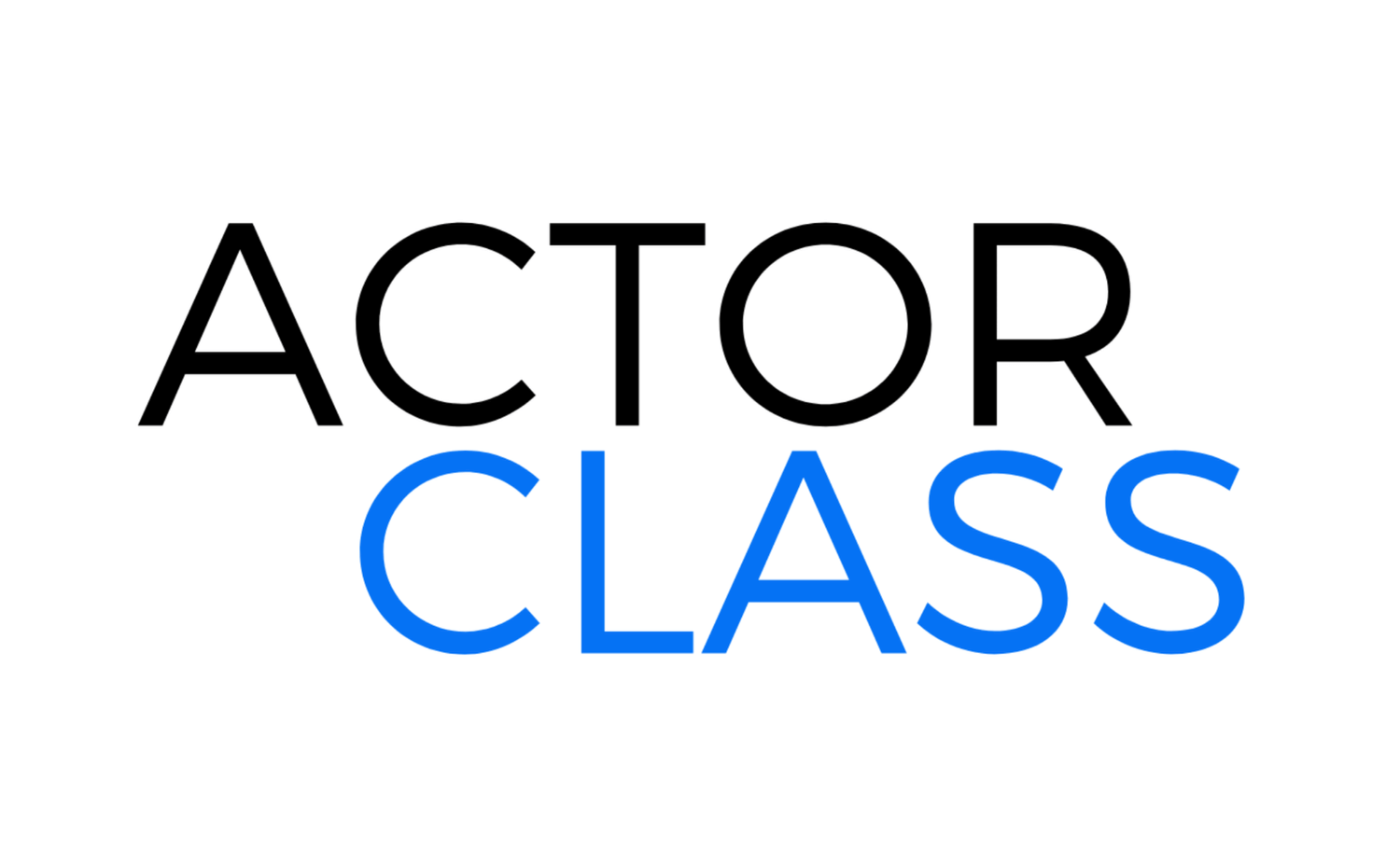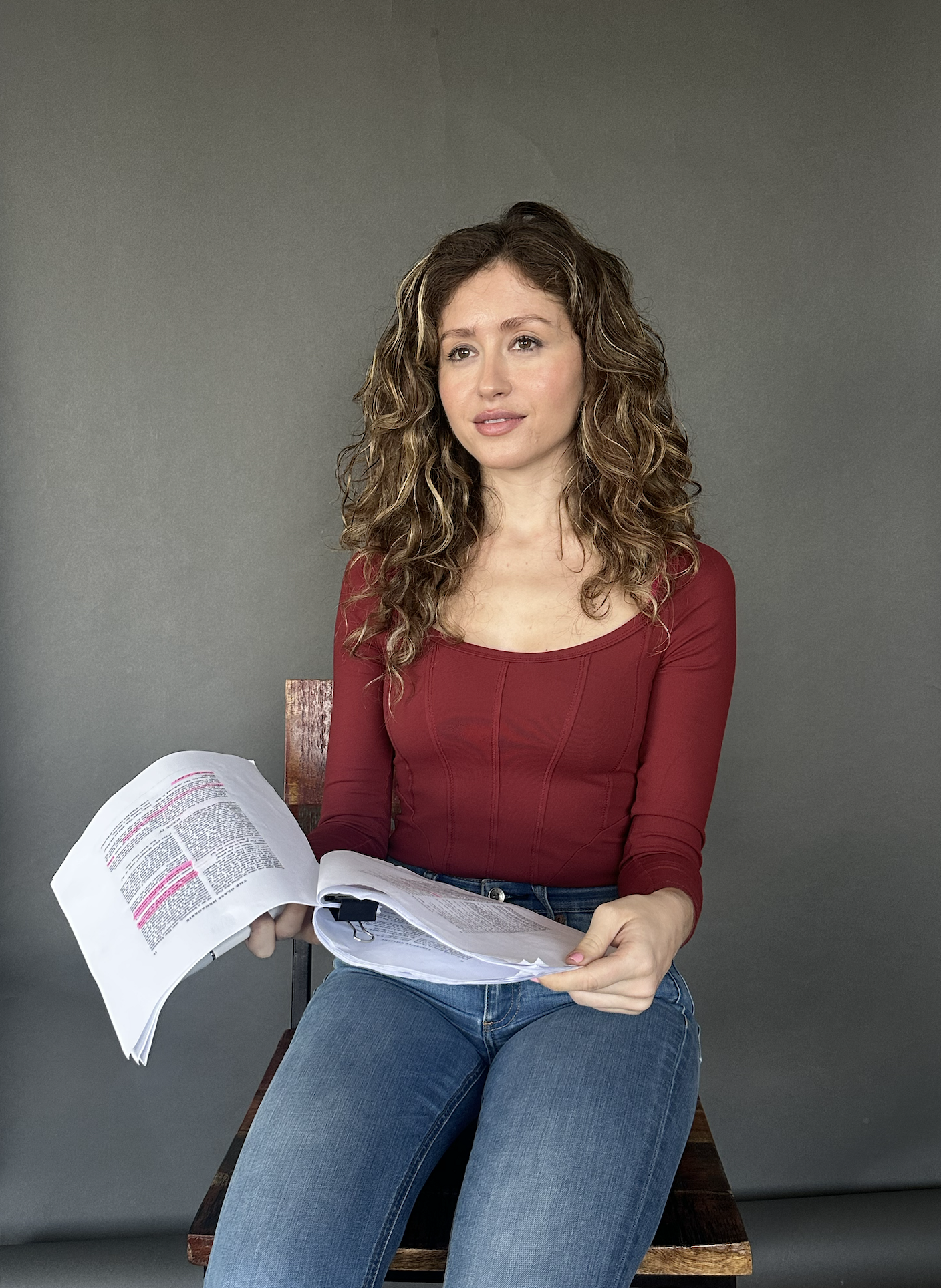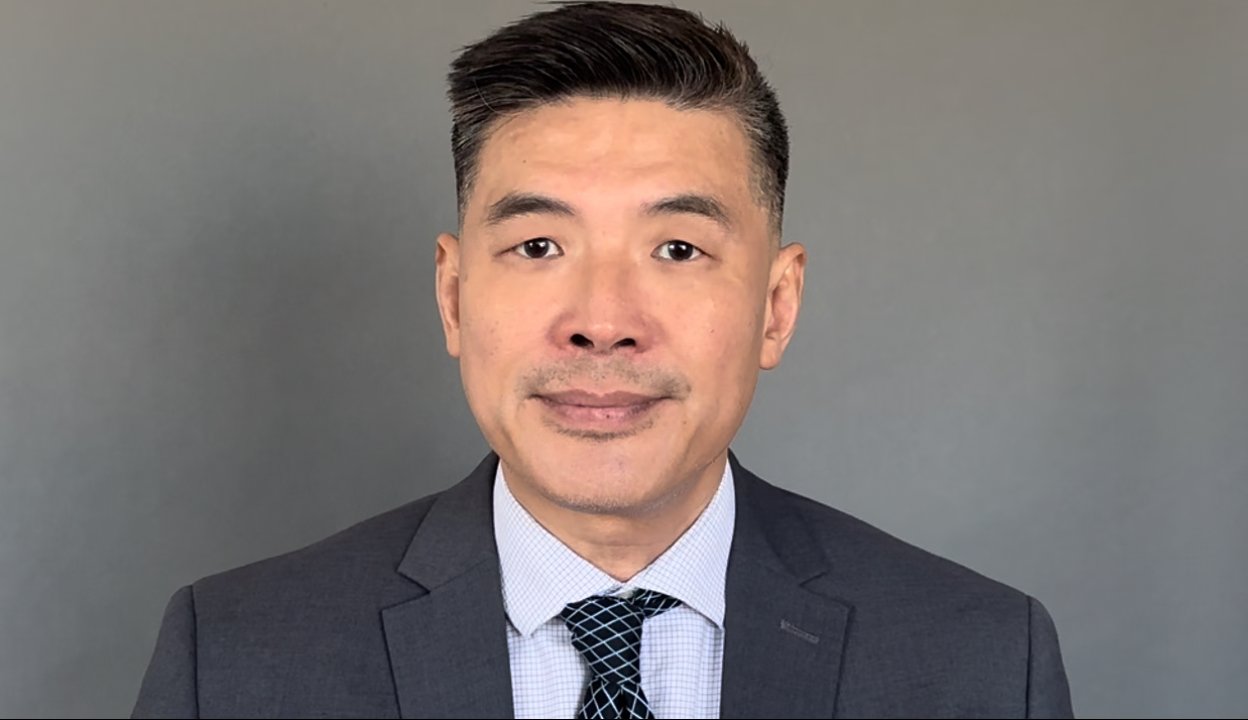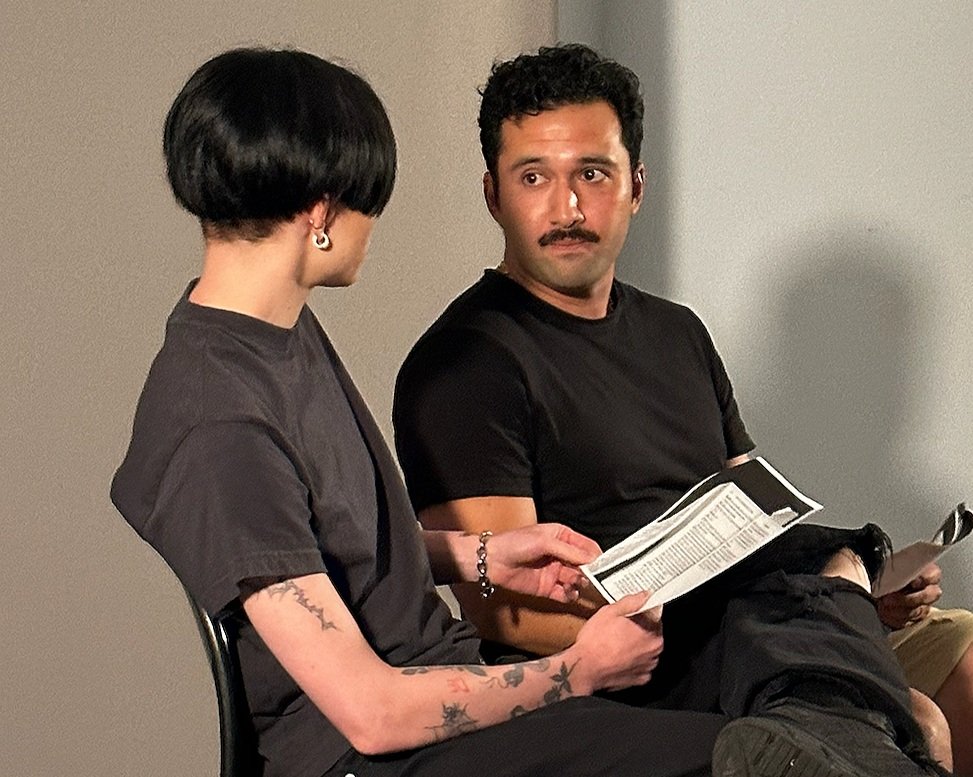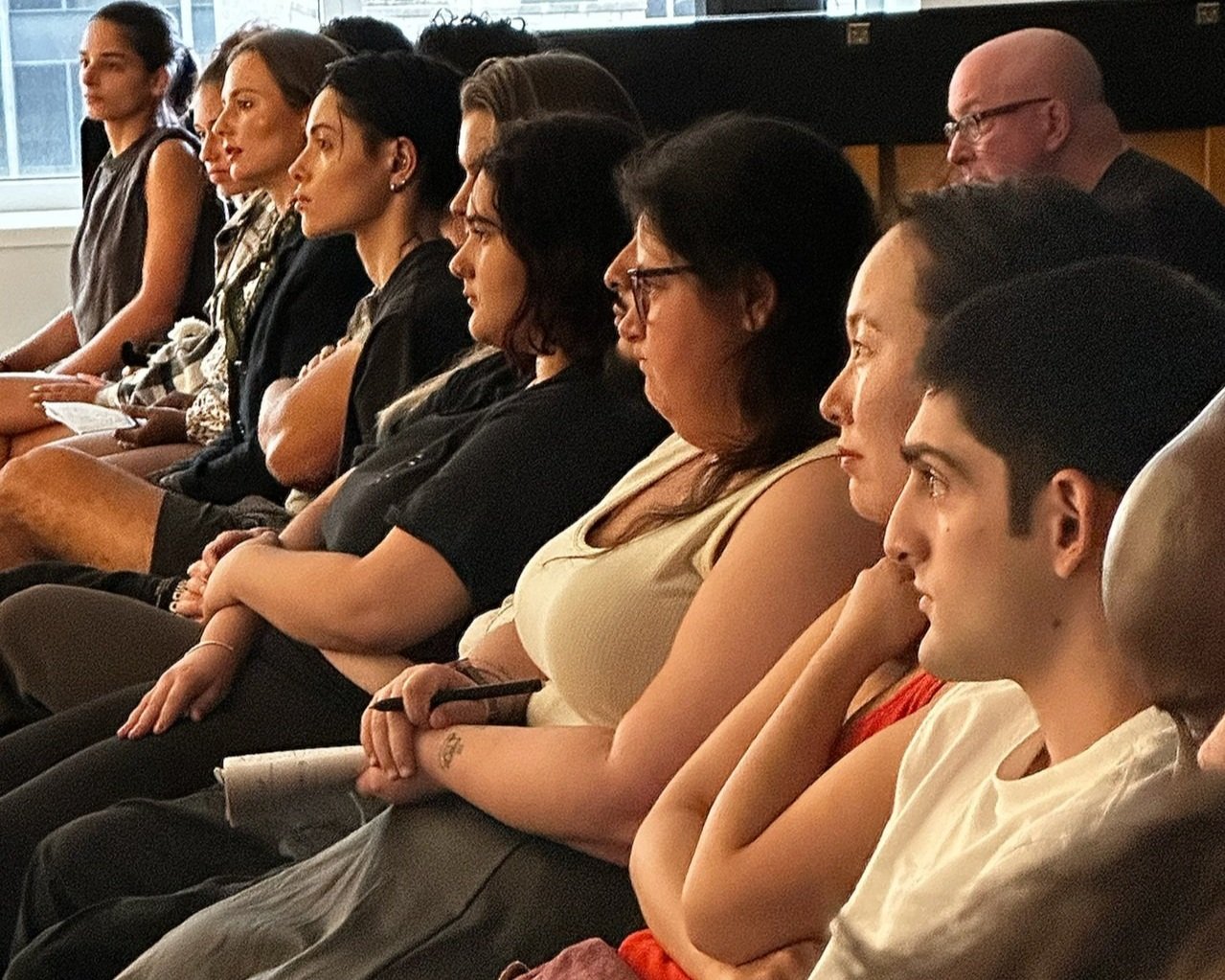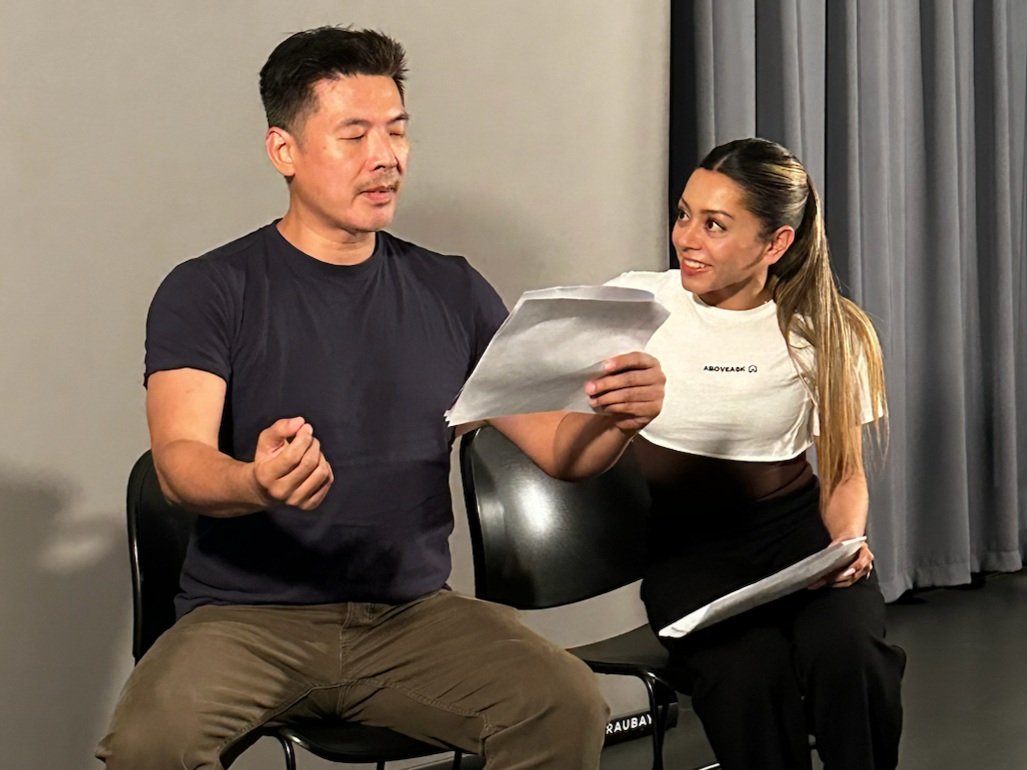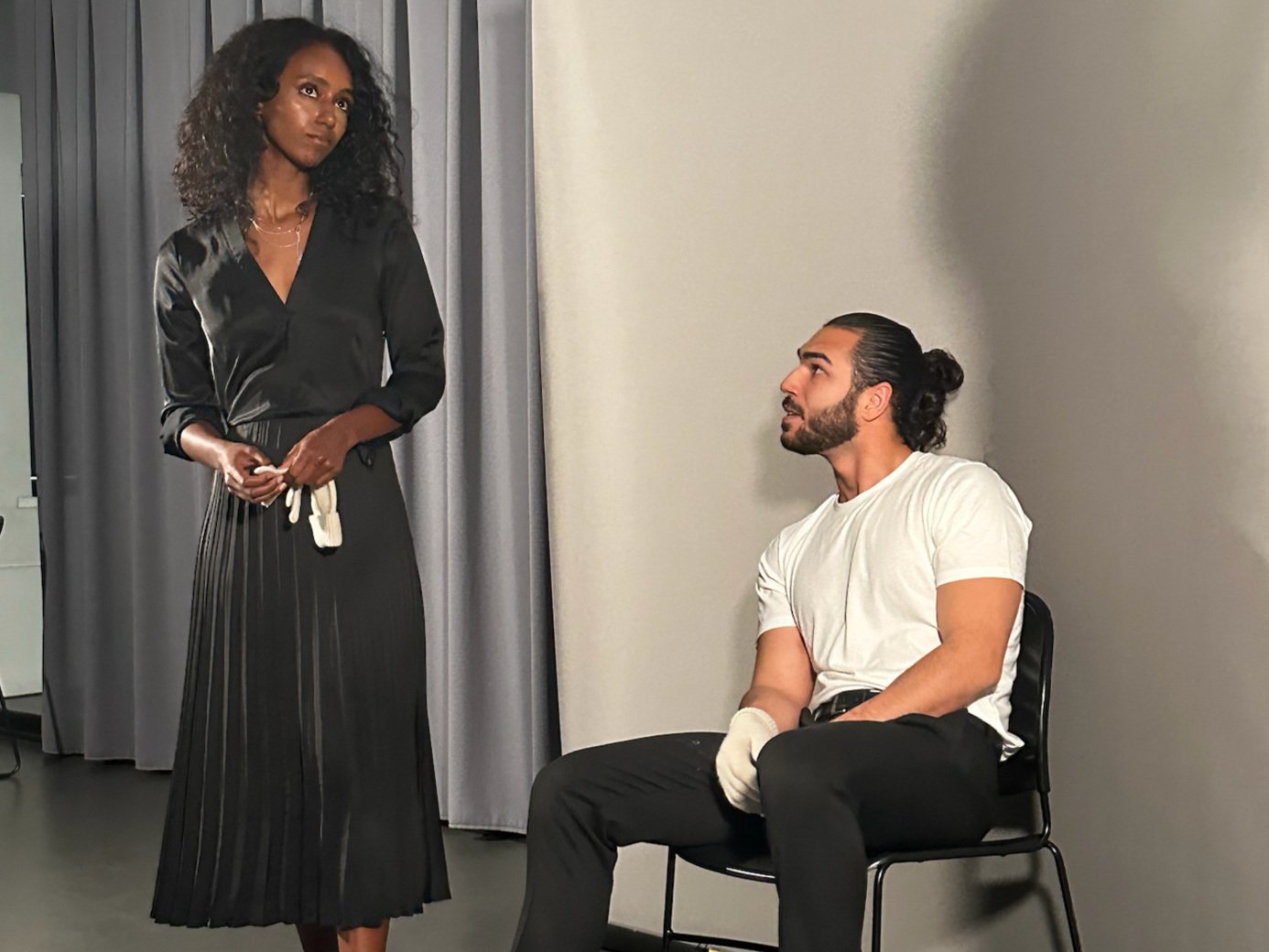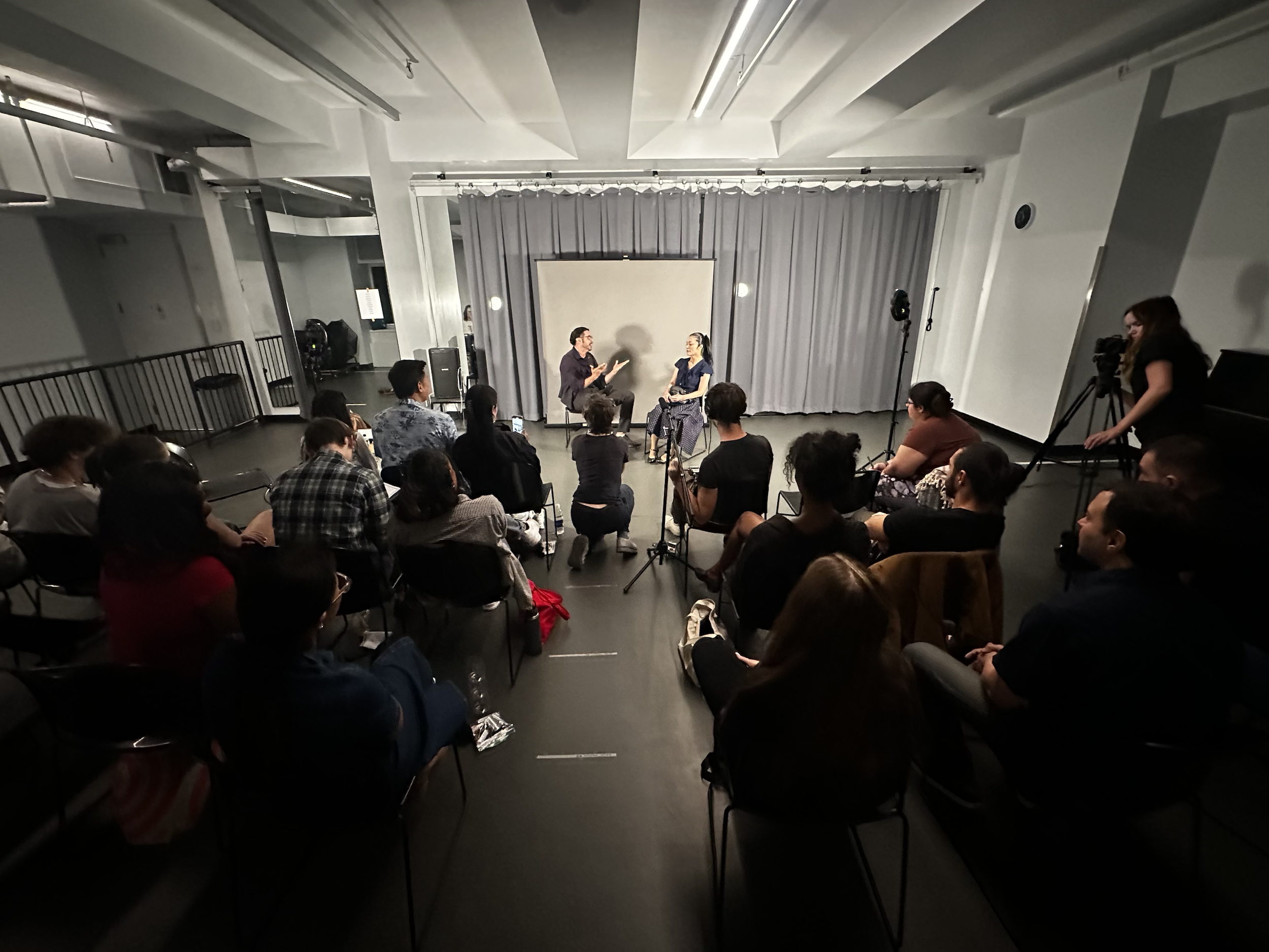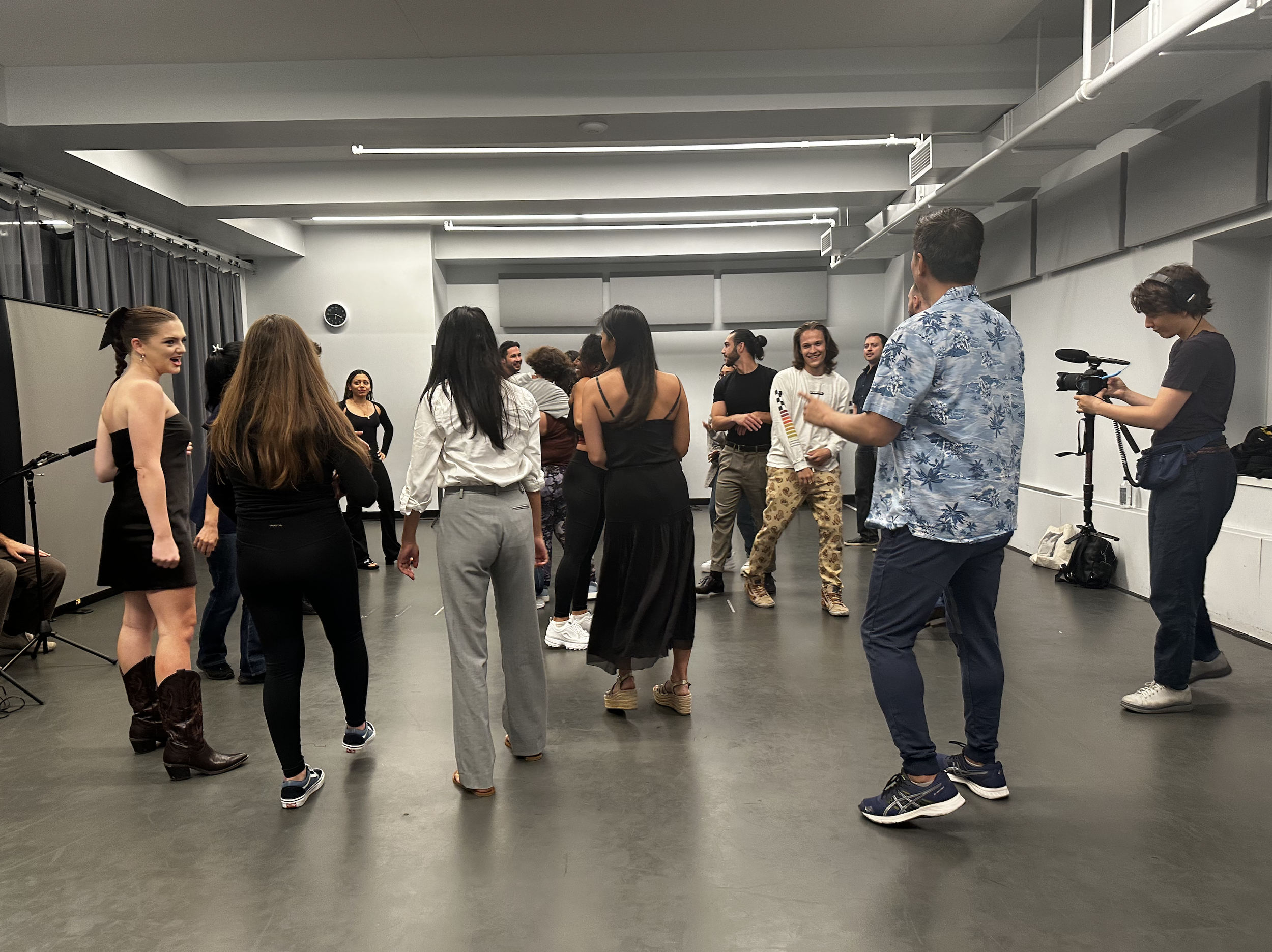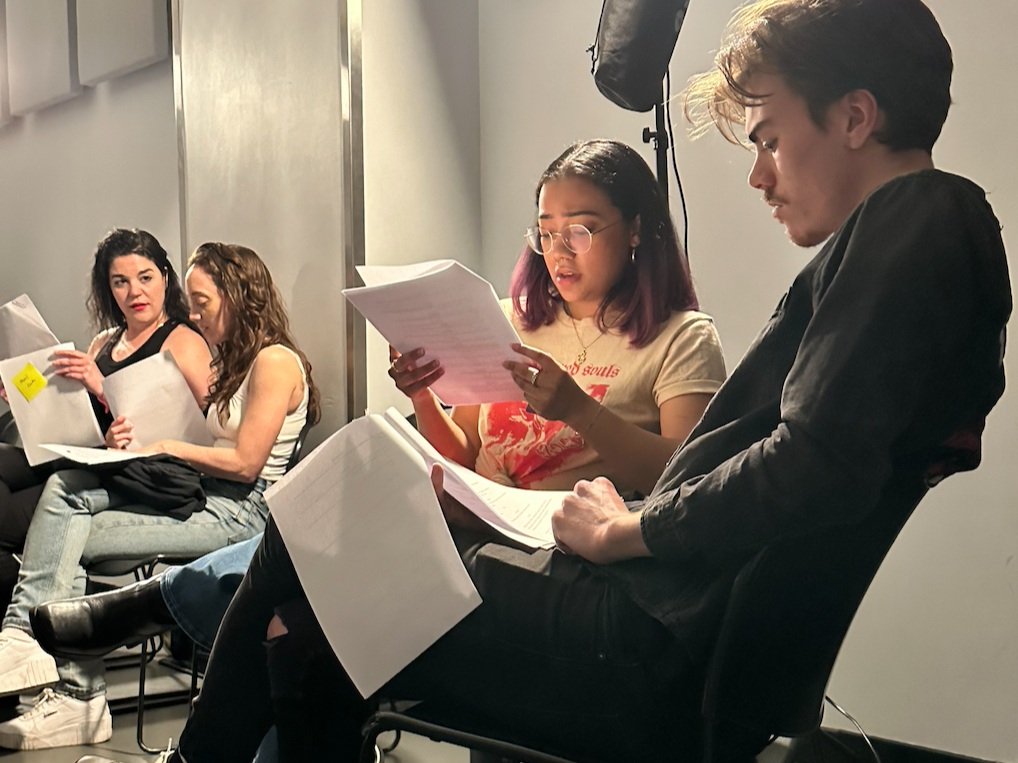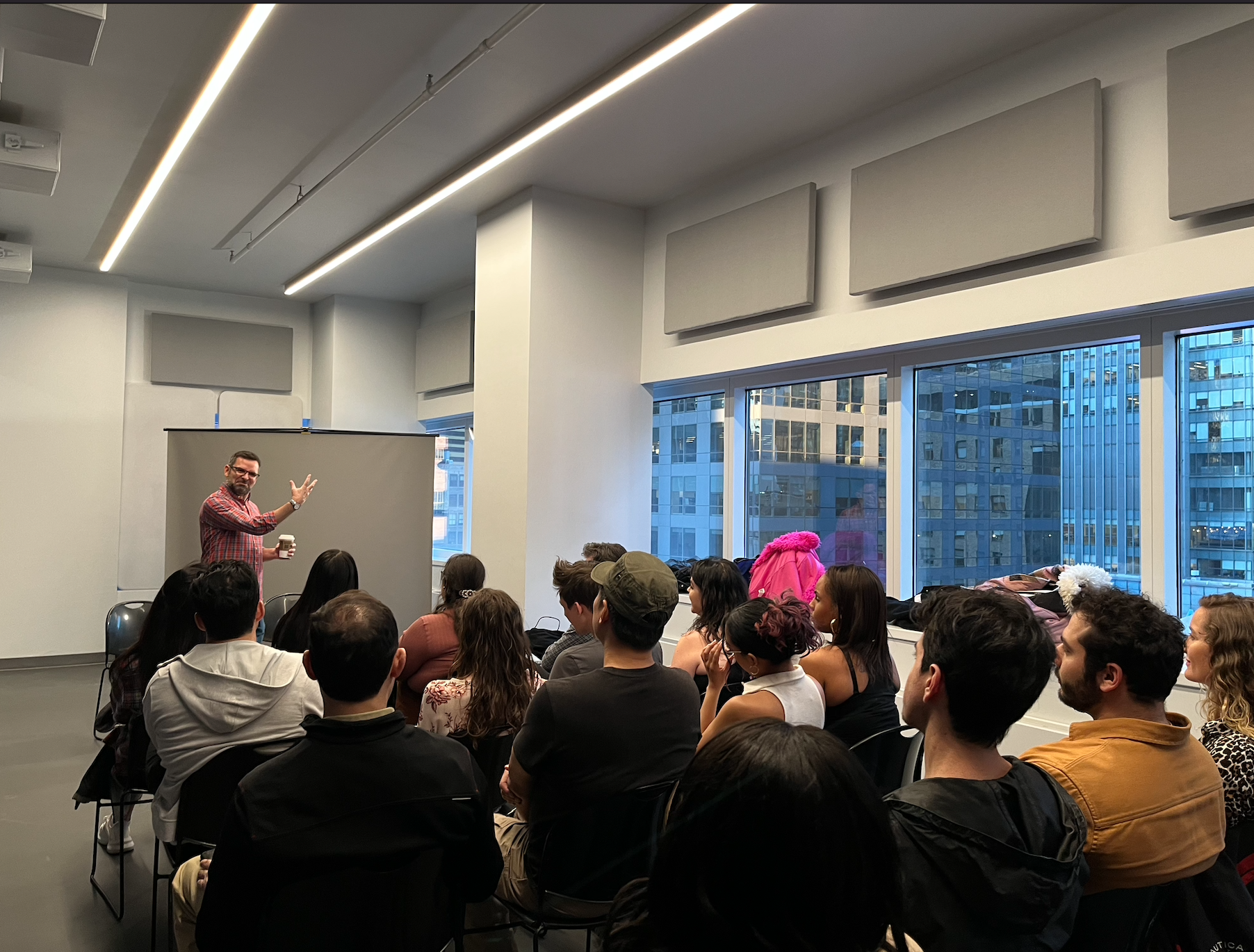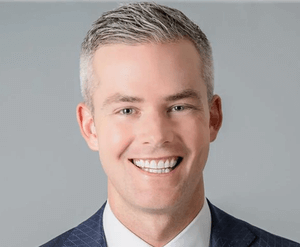PRIVATE COACHING - ACTING COACH Manhattan
Work one-on-one, either in-person or online, with the founder and master teacher of ActorClass on your auditions, monologues, cold-copy, or any content in need of professional guidance. Reap the knowledge of secret tricks, fast solutions and award-winning directing for one or two hour sessions.
Whether you have a last minute callback and need quick answers, or need help developing a role you’ve already landed, or you are simply more comfortable working in an environment that doesn’t have a room full of people watching, private sessions with our professional staff are invaluable to an actor’s growth
Want to learn more about us? Check out one of these links below:
IS IT TOO LATE TO BECOME AN ACTOR? / WHAT'S THE BEST ACTING STUDIO?
FREE AUDIT / TESTIMONIALS / OUR PHILOSOPHY
WELCOME TO ACTORCLASS MANHATTAN
Since 2001, ActorClass serves as a safe oasis where serious performers from beginner to professional, hone the art of acting. Our straight-forward and experienced approach cuts through the jargon most studios refuse to let go of and instead, provides the common sense tools and straight-forward answers that lead students to professional work in film, television and theater.
Whether a beginner looking for an alternative to overpriced studios, or a professional looking for a new angle, we meet at your level and build from there. Every actor has issues they need to work through, and it is our mission to help students locate and sand those issues down, while building up their confidence, nuance, and creative strength.
WHAT MAKES US DIFFERENT?
Hopefully… everything. Through unmatched professional experience in acting, directing, writing and producing, we have concise answers that will show you a comprehensive vision of what acting is and how to become excellent at it. We will convey, in tangible terms, the connection between actor, character, director and script, ultimately guiding you toward a larger understanding of the real process of acting. Being a great performer is about learning to break-down a script. It’s about learning to work closely and intimately with other artists from all levels and walks of life. It’s about acquiring the necessary skillset in order to give a director exactly what they want the moment they call “action.”
At our studio, there are no gimmicks, games, fancy words or phony showcases meant to toy with your aspirations. There is no graduation giving you a false sense of accomplishment. We don’t courtesy clap for scenes that aren’t good. We don’t hold imaginary coffee cups, have sense memories, or conduct repetition exercises. We’re not focused on an approach to acting, but rather… acting itself.
Like a gym, our studio has become a creative home for long-term actors spanning decades, and we encourage students new and old to train at a rate that works for them. We trust that you’ll be so inspired by the common-sense way our studio functions, that you’ll want to return to lift the creative weights. By the sheer amount of students who land professional work while studying with us, our studio has become one of the most respected and fastest growing training grounds and was named, “#1 Acting Studio in Manhattan” by Distinguished Teaching 2023.
There’s a difference between a beginner looking to grow over time to become a working actor, and an amateur looking to play theater games. We are not interested in working with those who mistake a professional acting studio for a college course. We work on cutting-edge material from feature film, television and theater, that demands the utmost level of seriousness and professionalism. Will you have fun? Of course. Can you be a beginner? Yes! But that fun is reserved for students who work hard, who want to be challenged, and who hold themselves to the highest standard of excellence.
“The real deal, there is no other choice”
Tim Rogan
Maestro NETFLIX
Flight Attendant HBO
Shades of Blue NBC
“A powerhouse of industry knowledge"
Sam Vartholomeos
The Crowded Room APPLE TV
Bridge & Tunnel EPIX
“I struck gold finding this class”
Nicole Tio
Sister of the Groom
SABAN FILMS
“The Best acting training in the country”
Ryan Serhant
While We’re Young
MDLNY, BRAVO
“If you want to work, get in touch with ActorClass now”
Mark Tallman
Single Ladies VH1
First Wives Club BET
“The best training an actor deserves”
Kendall Segovia
Best Actress, nominee
BROADWAYWORLD
Want to learn more about us? Check out one of these links below:
IS IT TOO LATE TO BECOME AN ACTOR? / WHAT'S THE BEST ACTING STUDIO?
FREE AUDIT / TESTIMONIALS / CURRICULUM / ENROLLMENT / OUR PHILOSOPHY
Unpacking the Benefits of Attending Acting Classes in Manhattan
Acting classes offer a myriad of benefits beyond simply honing acting skills. Partaking in classes leads to personal growth, improved communication, and most importantly, a newfound understanding of the human condition.
Personal Growth at Manhattan Acting Schools
Acting classes require students to peel back layers of their own personality in order to dive into the psyche of different characters. The process of truly learning acting leads to an irreversible increase in self-awareness and understanding. After attending a well-run acting class for an extended period, it's commonplace for students to find that they are more empathetic, patient, and emotionally intelligent in their own lives. You begin to learn that you cannot properly play other characters until you’ve come to understand the hardest character of them all: yourself.
By delving into the endless cannon of well-written scenes, actors learn the intricate details of the human condition from all walks of life, and are able to compare them to their own. By researching and ultimately pretending to be people in extreme situations, some fictional, some not, the breadth and width of the actor’s understanding expands. It is this constant expansion that turns a good actor into an amazing artist.
Improving Communication Skills through Acting Workshops in Manhattan
On the most practical level, acting classes vastly improve one's communication skills. The process of learning how to embody a character involves understanding how to effectively communicate that character's thoughts, feelings, and motivations. These details are a mystery to be unraveled by each actor in the cast. They are given endless clues in a very detailed map which is otherwise known as: the script. Recognizing that an actor is the lover and conveyor of the written word makes it very clear what the job of the actor truly is: to dissect and analyze a script, and then, through self-expression, display those discoveries within the body of a character. The writer provides the words, the actor conveys them to the audience. To portray is the essence of the actor’s work.
Portrayal, the process of script analysis transformed into performance, automatically translates into actors having enhanced public speaking abilities, better conversation skills, improved written communication, and most of all: confidence.
Understanding The Human Condition in Acting Classes for Adults in Manhattan
It's important to understand the philosophical benefits of attending acting classes. By inhabiting the roles of different characters from all walks of life, students gain a unique, and in some cases cosmic perspective on the human condition. Artistic inspiration leads to increased empathy towards the struggles and experiences of others. And not just those who exist in our time, but those who have existed, those yet to exist, and our society as a whole.
Here are some additional benefits:
Increased confidence: Standing in front of an audience can be nerve-wracking. However, regular practice boosts one’s confidence.
Enhanced creativity: Learning to break down and analyze a script and learning to think and behave like different characters boosts creativity and empathy.
Improved memory: Memorizing lines for different performances helps improve memory. It isn’t long before every actor realizes that memorizing lines is the easy part. The hard part is discovering what you are going to do with them once memorized.
Better physical fitness: Most acting training requires physical exertion of some sort. Each role is different and you’ll create those roles in vastly different manners; with varying forms of physical conditioning. After all, you can’t play a boxer if you don’t look and behave like one.
Despite widespread belief, these advantages are not exclusive to those seeking a career in acting. Individuals from all walks of life can benefit from attending acting classes. Whether you're a business professional seeking better presentation skills or a student hoping to boost social nuance – there is something for everyone in an acting class.
Here is a table summarizing the key benefits:
Personal Growth
Enhances self-awareness, empathy, patience, and emotional intelligence
Communication Skills
Improves public speaking, conversation skills, and written communication
Understanding the Human Condition
Increases empathy towards others' struggles and experiences
Increased Confidence
Boosts confidence through regular practice in front of an audience
Enhanced Creativity
Boosts creativity by thinking like different characters
Improved Memory
Helps improve memory through memorizing lines for performances
Better Physical Fitness
Improves physical fitness as many acting roles require physical exertion
Therefore, acting classes are not just for those who want to act but also offer a wealth of benefits valuable in everyday life. They allow individuals to explore different aspects of their personality and humanity while improving their social skills.
Appreciating Acting as a Sacred Artform: A Deep Dive
Often, when we think of acting, we consider it in the context of entertainment alone. However, acting is more than just a form of entertainment; it is a sacred artform that has been practiced throughout history in various cultures to convey stories, ideas and emotions. This section delves deeper into understanding the inherent value and sanctity of acting as an artform.
Acting can be considered sacred primarily because it involves the embodiment of human experience. Actors step into different characters, live their experiences, and express their emotions. This process requires a deep understanding and empathy towards diverse human experiences. The ability to embody another person's experience is a skill that's highly valued not just in acting but in life itself.
Table 1: Core Aspects of Acting as an Artform
Empathy
Acting involves stepping into other people's shoes - understanding their perspectives and feelings
Storytelling
It is about bringing stories to life; narrating tales that might inspire, entertain or provoke thought
Expression
It involves conveying emotions effectively; making the audience feel what the character feels
Creativity
Every role requires creating a unique character portrayal based on script interpretation
Acting also has historical significance across cultures worldwide. From Greek theater to Japanese Noh drama, from Shakespearean plays to Bollywood musicals - acting has always been integral to cultural expression. Each form of theater or cinema showcases unique storytelling methods and character portrayals reflective of its cultural context.
In addition to this cultural significance, acting also holds substantial societal relevance even today. Through various characters and narratives, actors portray social issues, reflect societal changes and trigger conversations on important topics.
The process of becoming an actor starts with training which involves honing skills like speech clarity, timing & rhythm mastery, emotional accessibility, physical agility, and spontaneity. Acting classes also involve studying scripts, understanding character motivations, and learning techniques to portray them effectively.
Key skills learned from acting classes:
Voice modulation & speech clarity
Body language & physical expression
Emotional expression & emotional availability
Script analysis & character study
When we appreciate acting as a sacred artform, we begin to understand its depth and complexity. We start seeing it not just as a source of entertainment but as a window into diverse human experiences, a reflection of our culture and society, and a testimony to our shared humanity.
Acting Classes as a Pathway Towards Self-Knowledge and Personal Growth
Attending acting classes is not only beneficial for those who aspire to make it big in the world of theater, television, or cinema. Rather, it has profound effects on personal growth and self-discovery, leading to an enhanced understanding of oneself and others.
Acting classes serve as a medium for individuals to explore various aspects of their personality. They often involve exercises that demand introspection and reflection. Here are some ways in which acting classes contribute towards self-knowledge:
Enhancing Emotional Intelligence
Acting classes push individuals to tap into their emotions. As part of the acting process, you learn how to express feelings genuinely, which can improve your emotional intelligence. You become better at recognizing your own emotions and those of others, thereby improving empathy and interpersonal relationships.
Improving Communication Skills
Communication is a vital part of acting, hence taking acting classes can significantly improve your verbal and non-verbal communication skills. As you convey scripted dialogues or express emotions without words, you develop a nuanced understanding of how messages are conveyed and perceived.
Building Confidence
The stage can be intimidating but with regular practice, it becomes less daunting. Acting classes provide a safe space for individuals to express themselves freely without fear of judgement or ridicule. Over time, this can increase an individual’s confidence in their abilities.
Encouraging Self-Expression
Through various roles played in acting classes, individuals learn how to portray diverse characters with different backgrounds and experiences from themselves. This broadens one's perspective on life while encouraging open-mindedness towards different viewpoints.
Facilitating Self-Reflection
Acting requires a deep understanding of the character being portrayed which often necessitates introspection and self-reflection - tools that can be useful in one's personal life too.
While these benefits contribute towards personal growth, they also imbibe valuable life skills that transcend beyond the realm of acting. They can make an individual more self-aware, empathetic and understanding in their everyday life, improving both their personal and professional relationships.
Moreover, the skills learned in acting classes can also translate into improved public speaking abilities, negotiation skills, and overall confidence in various life situations.
So whether you have dreams of seeing your name in lights or simply want to explore a new hobby, acting classes can offer plenty of benefits that go beyond the stage. It's not just about becoming a better actor - it's about becoming a better person.
Exploring Character Creation and its Significance in Acting
Character creation is a fundamental aspect of acting, and is often the focal point of many acting classes. It's the process where actors bring to life a character from a script, infusing their own interpretation into the role. They use their physicality, voice and emotional understanding to portray someone else entirely.
What is Character Creation?
In essence, character creation is about bringing a written character off the page and giving it a unique embodiment on stage or screen. It involves understanding the character's motivations, background, personality traits, physical attributes and emotions. This isn't just about developing an interesting persona but about making that persona believable and real.
Actors start with analyzing the script — what does it tell them about the character? They then move on to making choices about how to portray this person based on their own interpretations. This might involve using different accents, adapting body language or even altering physical appearance.
The Role of Acting Classes
Acting classes provide an immersive environment for actors to explore various aspects of character creation. Some of these aspects include:
Script Analysis: Understanding the script is vital in shaping the actor’s approach towards their character. Actors are taught to break down scripts scene by scene to understand their characters better.
Voice Work: How a character speaks can reveal much about them - their background, mood or personality traits. Courses often include voice training sessions which equip actors with different accents or speech styles.
Physicalization Exercises: These exercises help actors embody characters physically through certain postures or movements.
Emotional Preparation: Actors are taught various techniques like Method Acting or Meisner Technique to tap into their own emotions and project them onto their characters.
Why Character Creation Matters
Character creation carries immense significance in acting for several reasons:
Authenticity: A well-crafted character contributes towards making the story genuine and convincing.
Engagement: An interesting character can engage the audience effectively, making them invested in the storyline.
Versatility: Mastering character creation enables actors to portray a wide range of characters, thus showcasing their versatility.
Personal Growth: The process of understanding and embodying someone else's experiences can lead to self-discovery and personal growth for actors.
Whether you're an aspiring actor or simply want to improve your communication skills, attending acting classes can provide valuable insights into character creation. By delving into this process, you enhance not just your acting potential but also your understanding of human nature and behavior.
Leveraging Acting Classes Even If You're Not an Aspiring Actor
The value of acting classes extends far beyond the confines of the stage or screen. Whether you have aspirations to become the next Meryl Streep or simply want to improve your public speaking skills, acting classes can be a valuable resource. Here's how you can leverage acting classes in your daily life, whether you're an aspiring actor or not.
Enhancing Your Communication Skills at an Acting Studio in Manhattan
One central component of any acting class is honing your verbal and non-verbal communication skills. Being able to communicate effectively is crucial in virtually every professional and personal situation.
Public Speaking: Acting classes can help individuals become more comfortable with public speaking by providing a safe space to practice and receive actionable feedback.
Active Listening: Acting isn’t all about delivering lines. It’s also about reacting, which requires active listening skills.
Nonverbal Expression: In acting classes, students learn how to use their body language to convey emotions and thoughts without uttering a single word.
Boosting Your Confidence with Acting Lessons in Manhattan
Acting classes often involve performing in front of others, which can be intimidating at first but ultimately helps build self-confidence.
Overcoming Fear: Fear of public speaking is common. Acting classes provide an opportunity for individuals to confront this fear regularly until it's no longer debilitating.
Self-Presentation: Understanding how one is perceived by others is an essential aspect of self-confidence. Acting classes provide feedback that encourages awareness and improvement.
Fostering Creativity in Acting Studios Manhattan
Creativity isn't exclusive to artists; it's needed in every field from marketing to engineering.
Problem-Solving: Many acting exercises involve improvisation where students must think on their feet and come up with creative solutions.
Expressive Thinking: Acting encourages expressive thinking, which aids in creating innovative ideas even outside the realm of art and drama.
Cultivating Empathy through Theater Classes in Manhattan
Acting is essentially the practice of stepping into someone else's shoes. This helps cultivate empathy, an essential skill for building strong relationships.
Understanding Perspectives: To portray a character well, you must understand their motivations and emotions. This practice can translate into real-life interpersonal interactions.
Emotional Intelligence: Actors learn to not only identify and express their own emotions but also to recognize and react appropriately to the emotions of others.
While not everyone attending acting classes will end up on Broadway or in Hollywood, the benefits they gain can be applied in many areas of life. From boosting confidence to fostering creativity, acting classes help individuals become better communicators, more creative thinkers, and more empathetic human beings. So whether you're an aspiring actor or not, consider enrolling in an acting class. Who knows what skills you might uncover?
